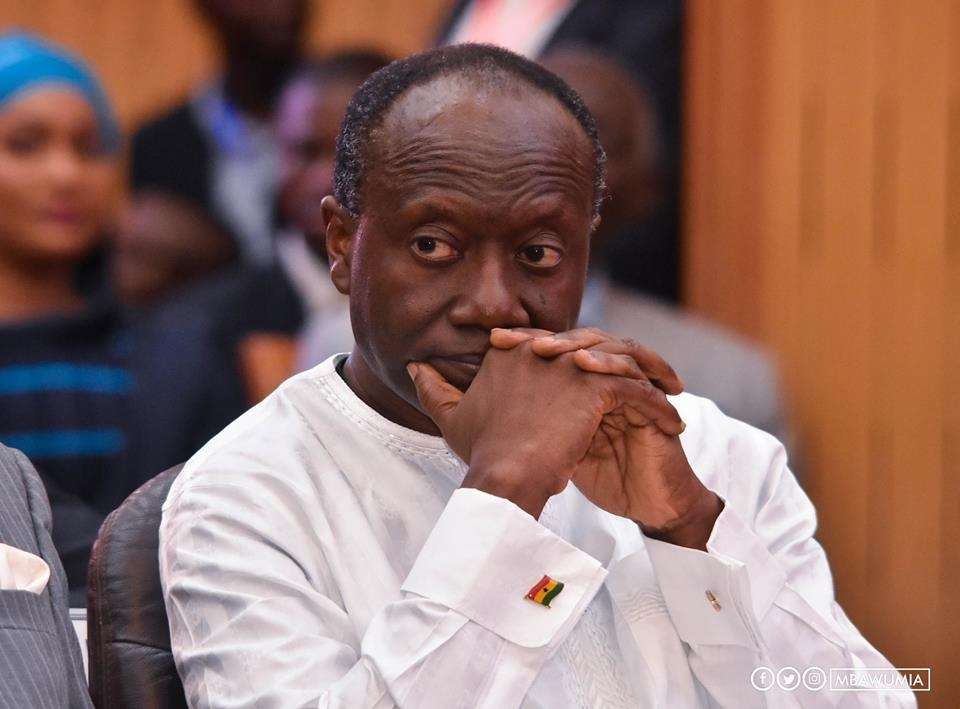The Central Bank of Ghana (BoG) in its report has disclosed an amount of GH₵606million raised through the issuance of its own bills, known as ‘Bank of Ghana (BoG) bills – with a maturity period of 56 days.
The auction, as indicated by BoG saw the central bank selling short-term securities on the primary market to regulate money supply and manage liquidity in the banking system.
The interest rate at which the BoG bills were auctioned stood at 28 percent, while the value of bids made by commercial banks were not disclosed.
According to BoG, the auction outcome highlights the central bank’s ability to attract funding from the domestic financial market in support of its monetary policy objectives.
BoG further revealed that the main function of the bill is to manage the liquidity of the banking system by selling short-term securities on the primary market, adding that: “This is to assist the central bank in regulating the amount of money in circulation and ensure financial stability.”
“Overall, the issuance and auction of the BoG bills is an essential monetary policy tool for the Bank of Ghana. The auction outcome reflects the central bank’s ability to attract funding from the domestic financial market and support its monetary policy objectives.
“ As the central bank continues to navigate a challenging economic environment, the effectiveness of its monetary policy tools will remain critical to achieving its objectives of maintaining price stability and promoting economic growth.”
Bank of Ghana
That notwithstanding, the Central Bank of Ghana noted that the funds raised from the auction of the BoG bills are often loaned directly to the government to support its short-term needs.
“This suggests that the Ghanaian government may have borrowed the funds from the central bank to finance its budget or other obligations.”
Bank of Ghana
The BoG bills are typically used in Open Market Operations (OMO), which are a monetary policy tool used by central banks to manage money supply. Through OMO, the central bank can influence the cost and availability of credit in the economy by adjusting the supply of money in circulation.
Ghana’s 2032 Eurobond Decline By 0.5% As Bilateral Debt Restructuring Delay
Unlike BoG bills which witnessed an upward shift in its sales, Ghana’s Eurobonds experienced a continued decline on Wednesday, March 1, 2023, following the country’s failure to meet a self-imposed deadline to restructure its bilateral debt, coupled with S&P Global Ratings’ recent warning to bondholders about larger losses ahead than previously anticipated.

More so, the nation’s 2032 dollar securities dropped by 0.5% – leading to 36.8 cents in the dollar.
The decline brings the total drop for the week to 1.7%, signaling mounting concerns among investors about the country’s economic situation.
Ghana’s Finance Minister, Ken Ofori-Atta, had sought to reach a restructuring agreement with bilateral creditors by the end of February 2023 to qualify for a $3 billion International Monetary Fund (IMF) program. The restructuring agreement would have been a significant boost for Ghana’s economy and would have provided much-needed relief for the country’s struggling debt situation.
However, as of now, Ghana has only partially completed the domestic-debt part of the exchange program, signaling a delay in the country’s recovery efforts.
Adding to the country’s economic woes, S&P Global Ratings recently warned that Ghana may have to request external creditors to write off as much as 50% of the debt owed to them, significantly higher than the 30% that the government initially considered. Such a write-off would result in greater losses for bondholders than previously anticipated, and this news has further weighed on Ghana’s Eurobonds – making the bonds less attractive for investment.
Read more: BoG Assures Its Close Monitoring Of The Financial Sector As Liquidity Pressure Mounts




















